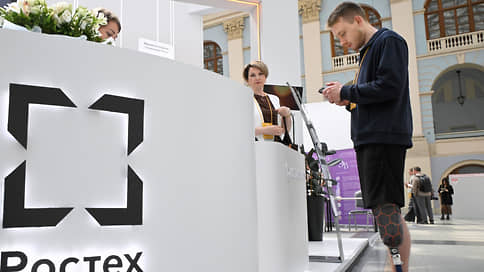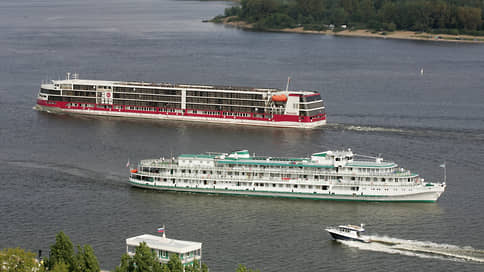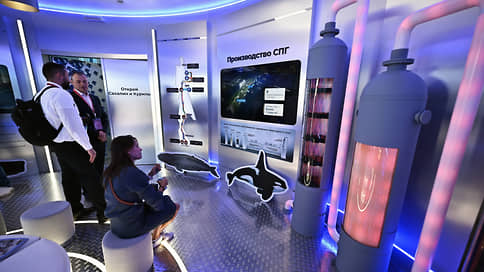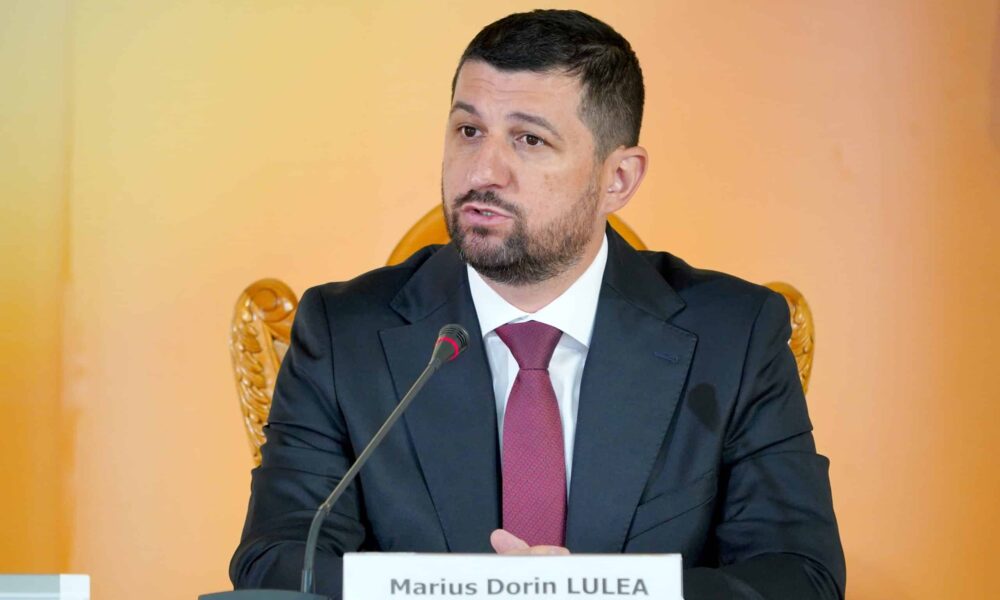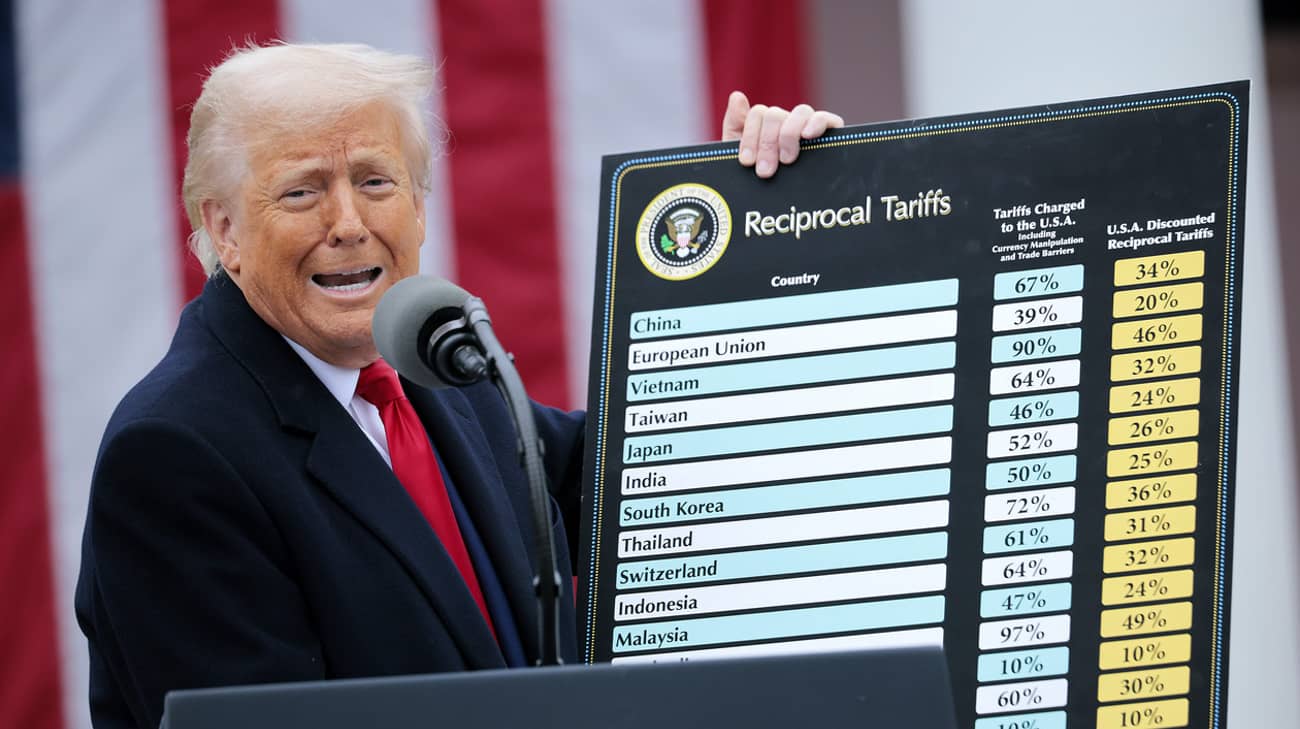Fix Price is looking for employees to work in Serbia
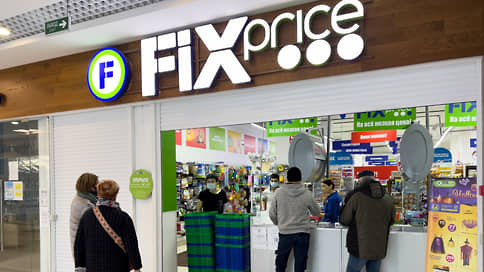
A network for the sale of goods with fixed prices Fix Price (MOOEX: FIXP) is preparing to enter the Serbia market, where until the end of 2025 it plans to open several stores. This will be the second attempt by the company to master the European market, now the retailer works in Latvia, the UAE, Mongolia and a number of post -Soviet republics. The format of the discounter, developed by Fix Price, is very popular in Serbia, but almost all niches in the country's retail market were occupied by the German Lidl, Slovenian Mercator and the Dutch Delhaise.
Information about what Fix Price is looking for employees to work in Serbia, “Kommersant” found on the site with hh.ru vacancies. In particular, the company plans to hire an HR specialist who will form a team to promote a network in the Serbian market. Work in Serbia is also mentioned in the vacancies of the chief accountant and senior lawyer. The Kommersant source in the retail market knows about Fix Price plans to open several offline stores in this country in the second half of 2025. According to him, at the same time, the retailer intends to launch online sales.
Fix Price confirmed “Kommersant” the intention to enter the Serbia market. But the company did not specify the details. The network only explained that the market conditions and the structure of consumer demand in this country correspond to the conditions of its business model.
Fix Price in 2007 was established by the founders of Kopeiki and the Co -owners of “Centrobuvi” Sergey Lomakin and Artem Khachatryan. In December 2016, the Vedomosti newspaper reported that top managers, including general director Dmitry Kirsanov, the VTB Capital structure, became the new shareholders of FIX Price. Now, according to SPARK, 100% of the network belongs to Fix Price JSC, which, in turn, is controlled by the Kazakhstan Fix Price PLC. According to the results of 2024, according to IFRS reports, the network revenue increased by 7.9% year by year, to 314.9 billion rubles, net profit – by 7%, to 22.2 billion rubles.
Fix Price reminded that chain stores are already working in Kazakhstan, Belarus, Latvia, Uzbekistan, Georgia, Kyrgyzstan, Armenia, Mongolia and the UAE. At the end of 2024, 44 stores worked in Latvia in Latvia.
Since 2020, another Russian discount has been working in this country – a “traffic light”, which develops a separate Mere brand in the markets of European countries. In Serbia, the retailer managed to open about 20 stores. The company did not answer Kommersant questions. Olga Sumishevskaya, partner of the One Story consulting company, notes that in Europe the “traffic light” “does not feel very good.” She recalled that the discounter had a business in Lithuania, Germany and Belgium.
As of the summer of 2024, more than 2 thousand companies created by legal entities and individuals from Russia operated in Serbia, then the co-chair of the Russian-Serbian intergovernmental committee for cooperation Nenad Popovich said. According to him, a surge in the interest of Russian business in the country expectedly occurred after the start of the military conflict between the Russian Federation and Ukraine in 2022. In 2021, there were only 80 companies founded by immigrants from Russia in Serbia, Mr. Popovich pointed out.
According to the head of the Institute for the Development of Entrepreneurship and Economics, Arthur Gafarov, in the retail market of Serbia, mainly foreign retail chains dominate, including Delhaize (Netherlands), Lidl (Germany), Mercator (Slovenia).
The proportion of foreign companies in the country is about 80%, the remaining 20% - Univerexport, Dis, Aman, Gomex. Given this factor, almost the only niche that is promising for Russian retailers, the diskound segment remains, he believes.
The retail sector in recent years has become the most profitable in the economy of Serbia, explains Mr. Gafarov. Another factor attractive for retailers is high inflation in the country, which allows retail networks to increase revenue, the expert adds.
The material made changes after the clarification of the Fix Price of their regions of presence.

